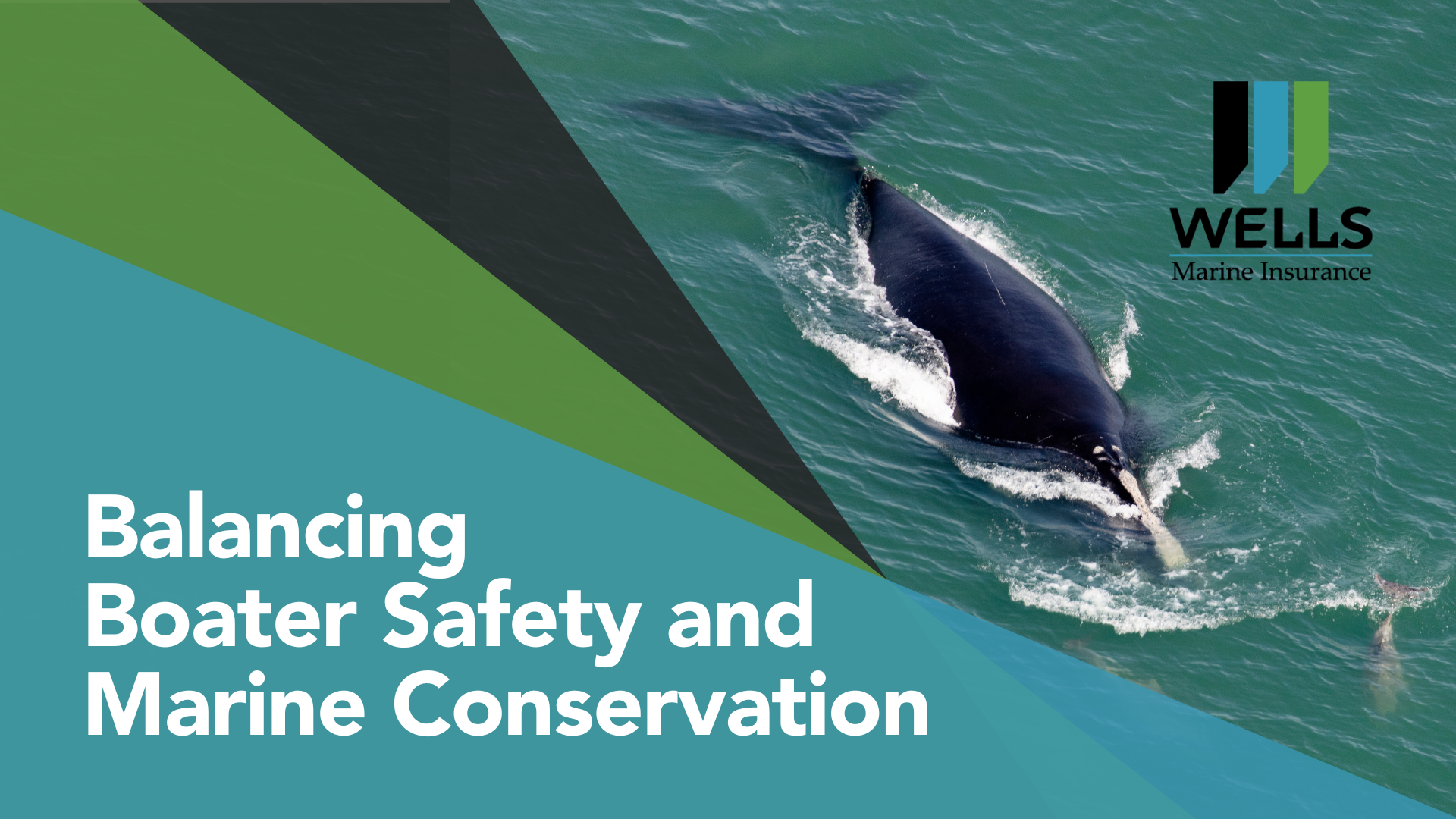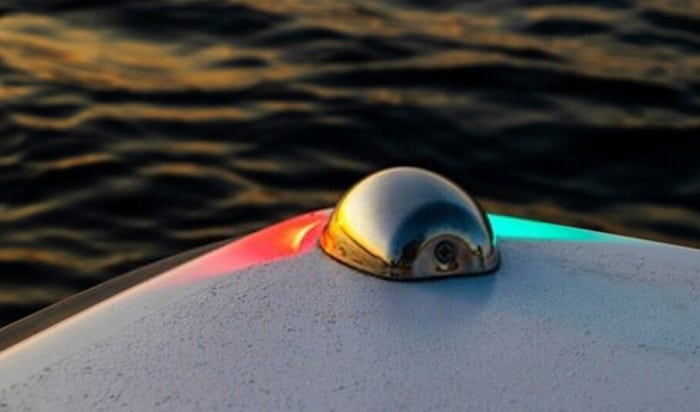Balancing Boater Safety and Marine Conservation

Balancing Boater Safety and Marine Conservation: What You Need to Know About Right Whale Protections and Boating Safety
Protecting marine life is a shared responsibility for everyone who enjoys the water. The North Atlantic Right Whale, one of the most endangered marine mammals, has fewer than 370 individuals remaining, including only about 70 reproductive females. While efforts to conserve these majestic creatures are critical, a recent withdrawal of a regulatory proposal expansion by the National Oceanographic and Atmospheric Administration (NOAA) on the 2008 North Atlantic Right Whale Vessel Strike Reduction Rule sparked important conversations about how to balance conservation with the practical needs of boaters.

Understanding the Issue
North Atlantic right whales are highly vulnerable to vessel strikes due to their tendency to spend time near the water’s surface, often close to shorelines. NOAA’s existing regulations require vessels 65 feet and larger to adhere to a speed limit of 10 knots (11.5 mph) in designated Seasonal Management Areas (SMAs) during key times of the year. These zones coincide with known feeding and breeding grounds along the U.S. East Coast, where whales are most likely to be present.

Recently, NOAA proposed expanding these regulations to include vessels 35 feet and larger and to extend speed-restricted areas across a broader swath of the coastline. The proposal also included longer seasonal restrictions, spanning up to seven months, to further reduce the risk of vessel strikes. However, NOAA ultimately formally withdrew this proposal after receiving significant feedback from the marine industry and boating community.

Why This Matters to Boaters
The debate highlights the challenge of ensuring both marine conservation, boater safety, and economic vitality for fishing and boating communities. While the regulations aim to protect whales, concerns have been raised about their practicality and potential unintended consequences for smaller vessels as well as coastal economies. For recreational boaters, operating at slower speeds can:
- Reduce maneuverability and visibility, especially for smaller boats that need to stay on a plane to handle waves and tides effectively.
- Increase safety risks in dynamic conditions like strong currents, shallow waters, and bad weather.
- Impact the economic vitality of coastal communities reliant on boating and fishing industries.
It’s important to note that the boating and fishing community overwhelmingly supports marine conservation. Many boaters view seeing a whale as a highlight of their time on the water and want to ensure these creatures are protected for future generations.
Practical Solutions for Protecting Whales
While the proposed expansion of speed limits has been set aside, there are effective alternatives and best practices that can help reduce vessel strikes and promote safer boating:
- Maintain a Proper Lookout: Always keep a sharp eye out for marine life, especially in areas where right whales are known to migrate. Poor lookout practices are a leading cause of boating accidents.
- Leverage Technology: Members of the boating industry even went to Washington for a Marine Technology Showcase to show off tools like infrared imaging, marine radar, and sonar systems that can help boaters detect whales and other marine life in real time, even in poor visibility conditions.
- Stay Informed: Check NOAA advisories and reports for whale activity in your area before heading out. Many regions provide real-time updates on whale locations.
- Follow Local Guidelines: Adhere to speed limits and other regulations in designated zones. These measures are carefully designed to minimize risks to marine life.
The Bigger Picture
Protecting North Atlantic right whales isn’t just about conserving a species; it’s about safeguarding the health of our oceans. Whales play a vital role in the marine ecosystem, from fertilizing phytoplankton that produce 50% of the world’s oxygen to sequestering carbon and supporting the overall balance of marine life. Their survival directly impacts the health of the waters we all cherish.

How Wells Marine Insurance Supports You
At Wells Marine Insurance, we understand the unique challenges boaters face, from navigating environmental regulations to ensuring safety on the water. Our comprehensive policies are designed to give you peace of mind, so you can focus on enjoying the ocean while staying protected. Whether you need coverage for your vessel, advice on compliance, or support in case of an incident, our team is here to help.
If you have questions about your coverage or want to learn more about how to protect your vessel and the marine environment, reach out to us today. Together, we can ensure that the waters remain safe and enjoyable for generations to come.


.png)